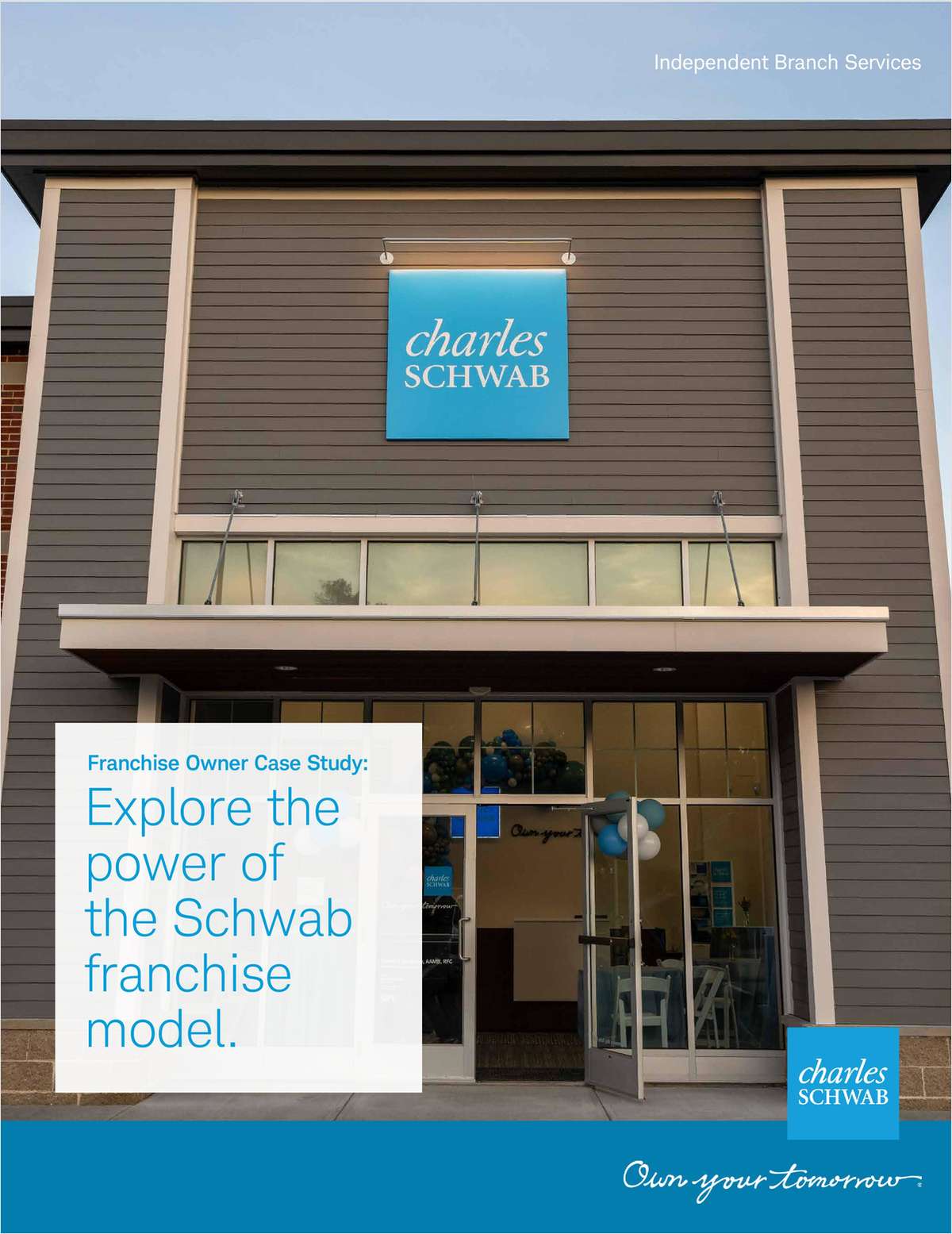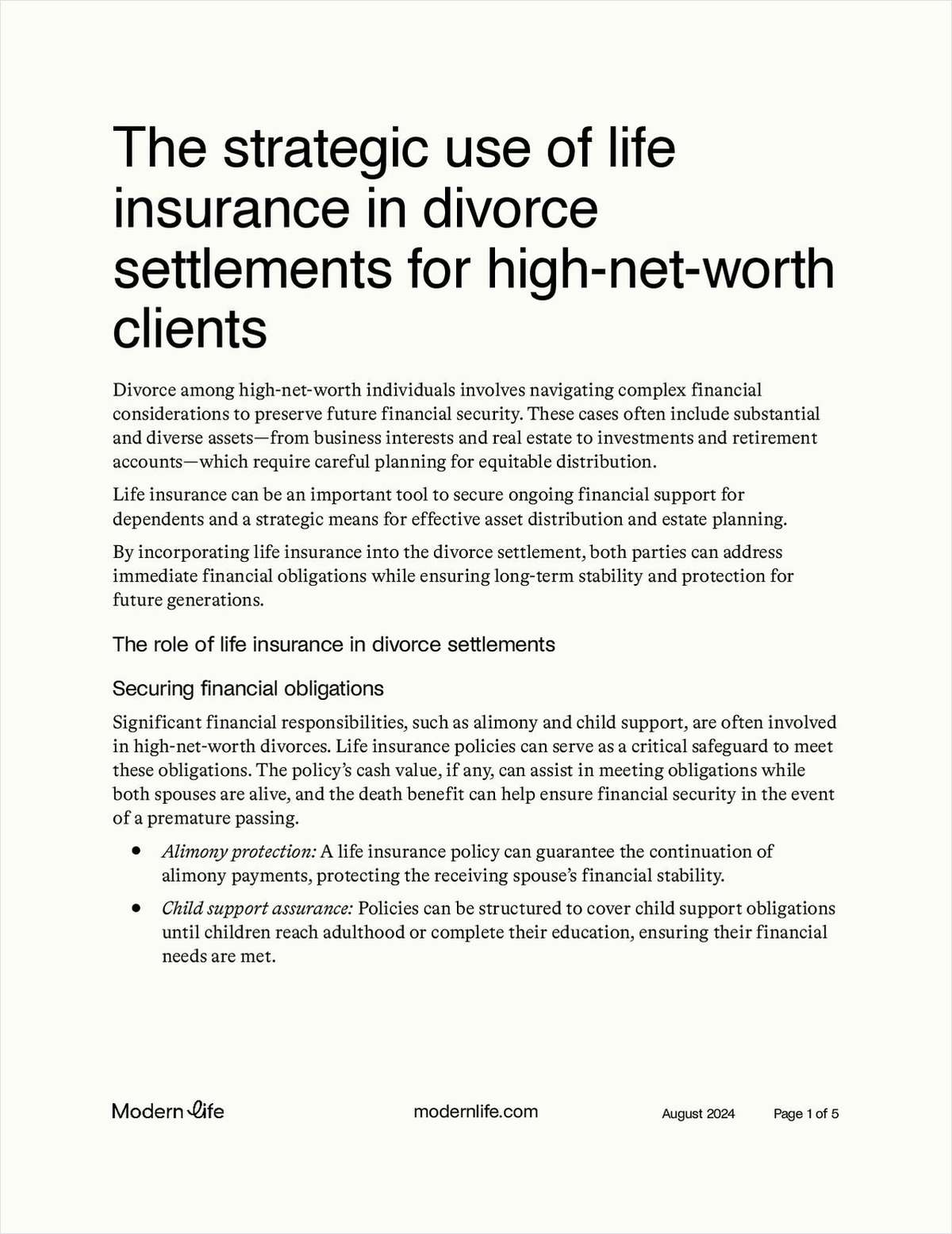Major states–including California, New York and Ohio–are poised to put in place laws designed to eradicate stranger-originated life insurance and over 20 jurisdictions in total are considering different legislative solutions to ban the practice.
With legislative sessions moving into full swing, state insurance departments and state legislators are considering the introduction of model bills developed by the National Association of Insurance Commissioners, Kansas City, Mo., and the National Conference of Insurance Legislators, Troy, N.Y., or hybrid bills with features of both.
In Ohio, the full House passed House Bill 404, a hybrid, on Jan. 30 in a sweeping 89-0 vote. Legislative activity also took place in Kansas and Nebraska on Jan. 29.
In California, State Sen. Michael Machado, D-Linden, will hold a hearing on Feb. 20, to start the process of putting legislation in place, he confirms.
His own constituents are being solicited to participate in STOLI transactions and he wants safeguards against the practice put in place, Machado says. In one case, he says, a 70-year-old couple was offered $1,000 to access their medical records and $30,000-$50,000 to allow the third party to write insurance on them
Machado says both the NAIC and NCOIL models will be considered, but he "will probably be embracing the NCOIL model more warmly." The 2-year ban on the sale of life insurance policies is a feature that he says will be considered for any legislation that is developed. And, Machado adds, the use of trusts to advance STOLI transactions is also something that will be examined.
Other provisions that he wants to see put in place include additional disclosure as well as a specific license for settling contracts that would be separate from an agent's license.
However, what will be a "baseline" for any legislation that is developed will be stopping STOLI, a practice he calls "illegal."
Machado stresses that it is important to put a ban against STOLI in place because "the underpinning of life insurance is to provide the average person with more security" and the concern is that the availability of life insurance could be disrupted to the point that the average person will not be able to buy it.
Machado also has concerns over how policies are starting to be securitized, noting that he sees "shades of what has been done in the mortgage industry." However, he notes, it is important to be mindful that any legislation touching on this issue could have an impact that goes beyond U.S. borders. "There needs to be a balance for allowing entrepreneurs to break new ground but not to have insurance exploited," he adds.
In New York, the insurance department is "working on a bill but there is no final version yet," says Andrew Mais, a department spokesperson.
The department has brought together different industry constituents, and industry representatives are anticipating that a bill could be introduced soon, according to interviews. The model is expected to have a 2-year moratorium and features of both the NAIC and NCOIL models, interviews suggest.
In Ohio, the bill passed by the House is a hybrid of both the NAIC and NCOIL models. A spokesperson for Rep. Jay Hottinger in Ohio said the bill maintains the 2-year contestability period for policies that do not exhibit characteristics of STOLI. For those policies that do, such as policies financed by nonrecourse loans, a 5-year prohibition against settling would be in place.
The Ohio bill has the support of life insurers but not the backing of the life settlement industry, according to interviews. The bill does not advance consumer or property rights, says Doug Head, executive director with the Life Insurance Settlement Association, Orlando, Fla. He calls the bill "onerous" but says he believes Ohio's legislature may be more willing to review provisions in the bill for possible revisions.
Florida will attempt to curtail STOLI with an updating of language in its insurable interest laws, according to interviews.
The amendment of ?627.404 of the Florida statute is supported by the real property, probate and trust law section of the Florida Bar Association, Tallahassee, Fla. Since December 2006, the section has developed legislation to clarify insurable interest laws. The amendments are reflected in SB 648 and HB 375.
The clarification is in response to a recent court case, Chawla v. Transamerica Occidental Life Ins. Co., and not the result of questions arising out of STOLI, according to Richard Gans, a drafter of the language, a member of the practice section and a shareholder in the law firm of Ferguson, Skipper, et al. in Sarasota, Fla. In fact, he says, a decision was made not to address STOLI when the language was being drafted. What was a deciding factor in the decision to offer legislative language, he continues, was the inability of one Florida law firm to clearly opine on an insurable interest question regarding a trust.
Ann Frohman, director with the Nebraska insurance department, says the NAIC model was introduced within LB 853 on Jan. 29. "I do think it is the right approach because a 5-year ban should be a deterrent. I don't see a perfect resolution out there. This is tailored pretty well to accomplishing our goal."
She says that although the issue of STOLI in trusts is not included, she wants to revisit it and take a careful approach to what she calls a complex issue.
The bill does not include a definition of STOLI, she says, because there was concern that STOLI creators could work their way around it and that a list of exceptions was a "stronger" approach.
The hearing was heavily lobbied by all participants on the issue, she notes.
Action is also occurring in Indiana, according to Insurance Commissioner Jim Atterholt. H.B. 1379 was introduced by state Rep. Michael Ripley, R-District 79, and passed the Indiana House insurance committee last week with a vote of 6-4, Atterholt says. When it goes to the full House, many changes are anticipated, he continues. The 5-year provision is expected to be removed and it will reflect many of the provisions of the NCOIL model, he adds. Atterholt says he is supportive of all efforts to eliminate STOLI.



